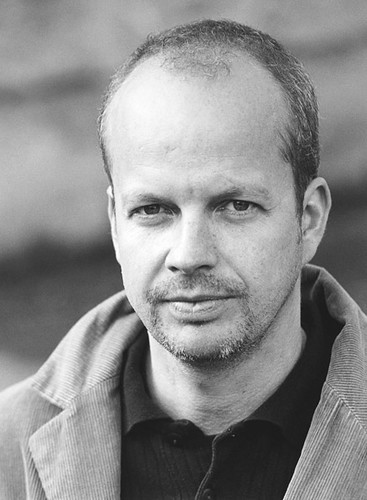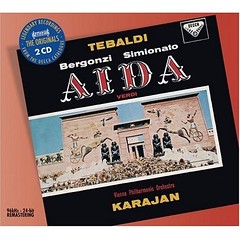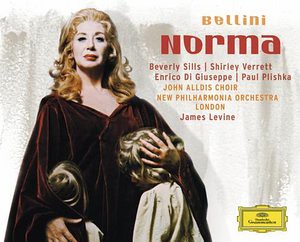
Eis um registo integralmente consagrado ao Verismo italiano, com muito material adicional, além dos habituais "clichés"...
Ópera, ópera, ópera, ópera, cinema, música, delírios psicanalíticos, crítica, literatura, revistas de imprensa, Paris, New-York, Florença, sapatos, GIORGIO ARMANI, possidonices...





Item | Qty | Section | Seats |
Performance Ticket Tuesday, April 20, 2010 8:00 PM | 2 | Dress Circle Section:DR CIRC | Row:D Seats:16,18 ** |
Performance Ticket Thursday, April 22, 2010 8:00 PM | 2 | Family Circle Front Section:FAM CIRC | Row:C Seats:230,232 ** |
Performance Ticket Wednesday, April 21, 2010 8:00 PM | 2 | Family Circle Section:FAM CIRC | Row:A Seats:6,8 ** |
Performance Ticket Friday, April 23, 2010 8:00 PM | 2 | Family Circle Section:FAM CIRC | Row:G Seats:218,220 ** |


 es-titres dans Elektra et Salome de Richard Strauss et Marie dans Wozzeck de Berg.»
es-titres dans Elektra et Salome de Richard Strauss et Marie dans Wozzeck de Berg.»







A futura temporada – 2009 / 2010 – será (?) a derradeira da carreira da grande soprano Te Kanawa.
Confesso que preferia vê-la retirada desde há mais de quinze anos...
Em 2001, em Paris, apresentou-se num recital confrangedor. Saí a meio.
Prefiri guardá-la na memória como a melhor Condessa (As Bodas de Fígaro), Fiordiligi, Donna Elvira e Marchelina da sua geração.
«The news that Dame Kiri Te Kanawa has announced her retirement from the operatic stage will come as a real surprise only to those who thought she had retired from it already. Her last performance in a full staged production was in the title role of Samuel Barber's Vanessa in Los Angeles late in 2004 – an appearance that many at the time assumed was a farewell. But it has been a decade since anyone has seen her in costume in one of her signature roles, as a Mozart or Strauss heroine.
While Cologne may not be the obvious venue, her choice of role – the Marschallin, the "older woman" in Strauss's Der Rosenkavalier, who poignantly gives up her teenage lover Octavian and steers him into the arms of a suitably young match – is apt: this is one of the great roles open to more mature sopranos (even though the character is supposed to be only in her 30s), and it's one in which Te Kanawa was justly celebrated. Reports of her (relatively) recent appearances on stage in other roles suggest that she will still be able to do it at least some justice. But still, her fans may prefer to remember her in performances such as this one, from the New York Met back in 1982, when she was in her absolute prime (...).
The Cologne performances aren't all. In the weeks before them, audiences at the Met will get a chance to see her again on stage, albeit in a very different kind of part: the Duchess of Krakenthorp in Laurent Pelly's much-travelled production of Donizetti's La Fille du Régiment. Though this is usually a spoken character role, there are precedents for it being taken by a mature and much-adored diva: when Pelly's production played in Vienna in 2007, it was sung by the indomitable Montserrat Caballé. But a killer soprano voice is not a prerequisite. At Covent Garden, we had Dawn French. And in the Barcelona revival next year, the Duchess will be a man in drag. It's a good job Te Kanawa is stopping off at the Met en route to Cologne rather than the other way round: this would hardly have been fitting farewell material for one of opera's grande dames.»